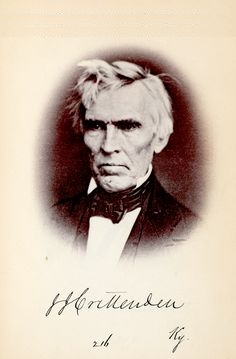
John Crittenden
It was July of 1861, and things were looking bad for the United States. The December before, South Carolina had seceded, and the gulf states followed in quick succession throughout January, with Texas joining on February 1. Then, as it became unmistakable that the United States intended to invade the seceded states, and force all other states to take up arms against them, the mid-Southern states had no choice but to secede as well, starting with Virginia’s departure from the Union in April, and concluding with Tennessee’s secession on June 8.
Already the situation was dire, but it was by no means clear that other states would remain. Maryland, Kentucky and Missouri were all popularly inclined to join the seceded states, and Maryland’s secession in particular would have been disastrous, causing Washington to be surrounded by states of the Confederacy. Continue reading

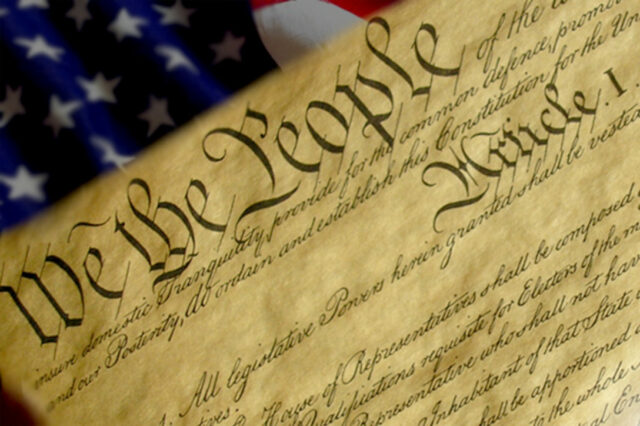
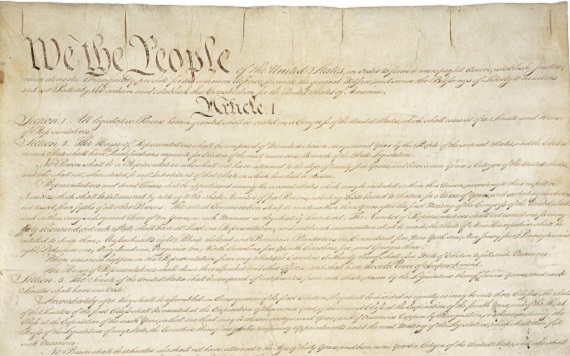 “Their revolution (the South in 1861) … was in fact an act of restoration, for the constitution drawn up in Montgomery in 1861 for the Confederate States of America was a virtual duplicate of the United States Constitution.” John McCardell in his Introduction to Jesse T. Carpenter’s “The South as a Conscious Minority, 1789 – 1861”, re-published by the University of South Carolina Press, 1990, p. xiv-xv (emphasis added)
“Their revolution (the South in 1861) … was in fact an act of restoration, for the constitution drawn up in Montgomery in 1861 for the Confederate States of America was a virtual duplicate of the United States Constitution.” John McCardell in his Introduction to Jesse T. Carpenter’s “The South as a Conscious Minority, 1789 – 1861”, re-published by the University of South Carolina Press, 1990, p. xiv-xv (emphasis added)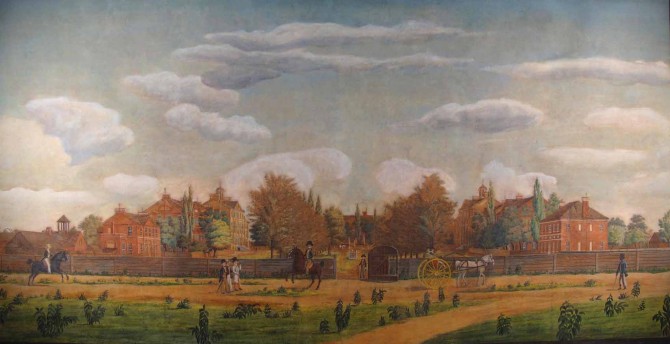
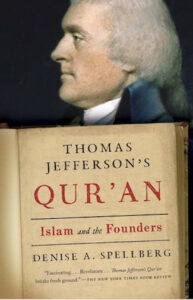 A 232 Year History of our fight against Islam & why it is no longer taught in our public schools…
A 232 Year History of our fight against Islam & why it is no longer taught in our public schools…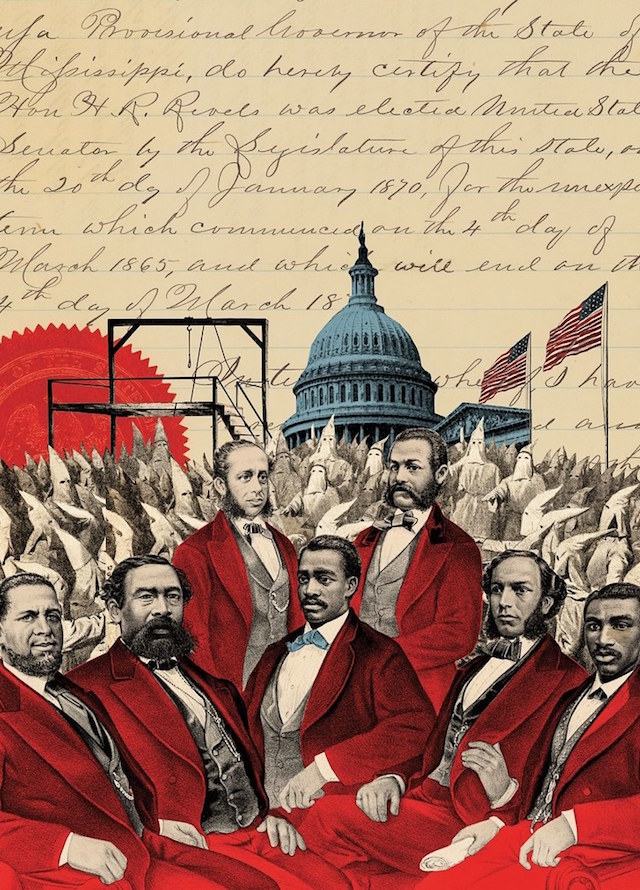
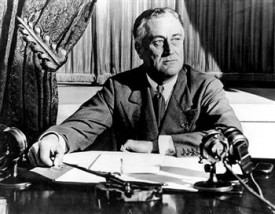 By virtue of the authority vested in me by Section 5(b) of the Act of October 6, 1917, as amended by Section 2 of the Act of March 9, 1933, entitled “An Act to Provide relief in the existing national emergency in banking, and for other purposes,” in which amendatory Act Congress declared that a serious emergency exists, I, Franklin D. Roosevelt, President of the United States of America, do declare that said national emergency still continues to exist and pursuant to said section do hereby
By virtue of the authority vested in me by Section 5(b) of the Act of October 6, 1917, as amended by Section 2 of the Act of March 9, 1933, entitled “An Act to Provide relief in the existing national emergency in banking, and for other purposes,” in which amendatory Act Congress declared that a serious emergency exists, I, Franklin D. Roosevelt, President of the United States of America, do declare that said national emergency still continues to exist and pursuant to said section do hereby 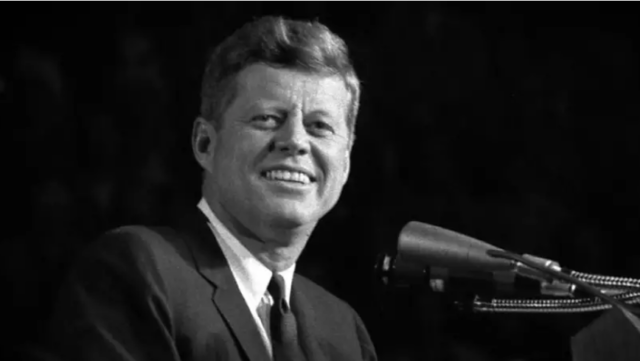
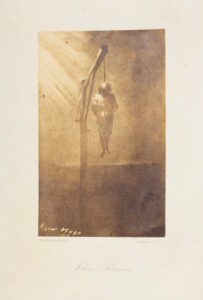
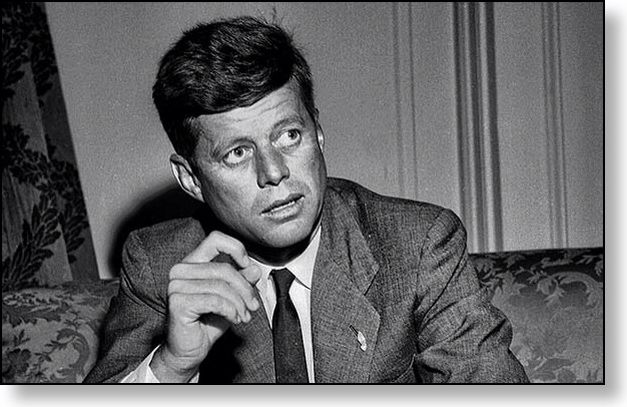 Calls to abolish the electoral college are all the rage these days, but they aren’t new. One such attempt in 1956 was thwarted with the help of a Democratic senator from Massachusetts — a young John F. Kennedy.
Calls to abolish the electoral college are all the rage these days, but they aren’t new. One such attempt in 1956 was thwarted with the help of a Democratic senator from Massachusetts — a young John F. Kennedy.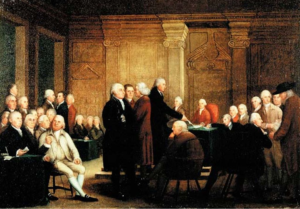 Hillary Clinton blamed the Electoral College for her stunning defeat in the 2016 presidential election in her latest memoirs, “What Happened.”
Hillary Clinton blamed the Electoral College for her stunning defeat in the 2016 presidential election in her latest memoirs, “What Happened.”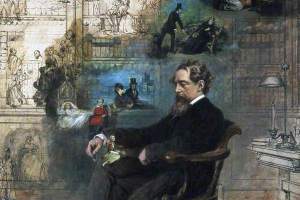
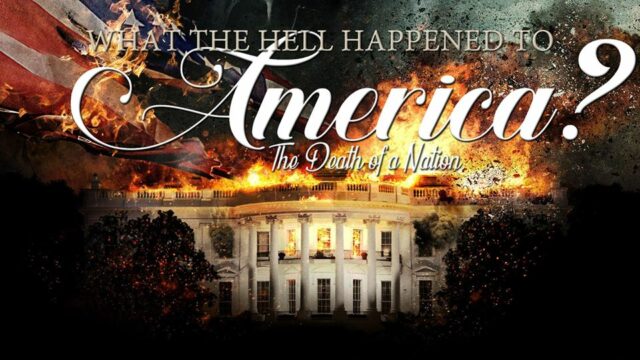
 January 22, 1983 ~ The 10th anniversary of the Supreme Court decision in Roe vs. Wade is a good time for us to pause and reflect. Our nationwide policy of abortion-on-demand through all nine months of pregnancy was neither voted for by our people nor enacted by our legislators – not a single state had such unrestricted abortion before the Supreme Court decreed it to be national policy in 1973. But the consequences of this judicial decision are now obvious: since 1973, more than 15 million unborn children have had their lives snuffed out by legalized abortions. That is over ten times the number of Americans lost in all our nation’s wars.
January 22, 1983 ~ The 10th anniversary of the Supreme Court decision in Roe vs. Wade is a good time for us to pause and reflect. Our nationwide policy of abortion-on-demand through all nine months of pregnancy was neither voted for by our people nor enacted by our legislators – not a single state had such unrestricted abortion before the Supreme Court decreed it to be national policy in 1973. But the consequences of this judicial decision are now obvious: since 1973, more than 15 million unborn children have had their lives snuffed out by legalized abortions. That is over ten times the number of Americans lost in all our nation’s wars. 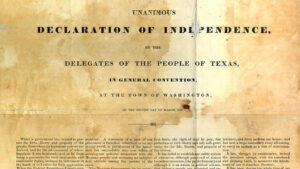 On March 2, 1836, Texas formally declared its independence from Mexico. The Texas Declaration of Independence was signed at Washington-on-the-Brazos, now commonly referred to as the “birthplace of Texas.” Similar to the United States Declaration of Independence, this document focused on the rights of citizens to “life” and “liberty” but with an emphasis on the “property of the citizen.”
On March 2, 1836, Texas formally declared its independence from Mexico. The Texas Declaration of Independence was signed at Washington-on-the-Brazos, now commonly referred to as the “birthplace of Texas.” Similar to the United States Declaration of Independence, this document focused on the rights of citizens to “life” and “liberty” but with an emphasis on the “property of the citizen.” Accurate history is the first causality in any establishment account of events and their significance. When the fundamental chronicles of national heritage is purged and supplanted with a total reversal of the nature of America’s essence, the public is browbeaten into adopting a phony and destructive departure from traditional values and purpose. The intense disparaging of the America First Committee and their vigorous defense of the
Accurate history is the first causality in any establishment account of events and their significance. When the fundamental chronicles of national heritage is purged and supplanted with a total reversal of the nature of America’s essence, the public is browbeaten into adopting a phony and destructive departure from traditional values and purpose. The intense disparaging of the America First Committee and their vigorous defense of the 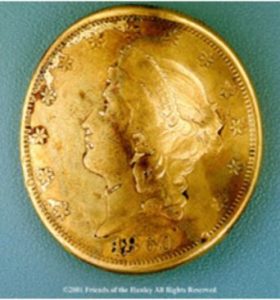 A story that a sweetheart gave a Confederate soldier George Dixon a $20 gold coin dated 1860 as a good luck charm has been validated. The story was that George kept the coin with him always, in his pocket, as good luck. During the Battle of Shiloh, George was shot point blank. The bullet struck in his pocket hitting the center of the gold coin. The impact was said to have left the gold piece bent, with the bullet embedded in it which saved his life.
A story that a sweetheart gave a Confederate soldier George Dixon a $20 gold coin dated 1860 as a good luck charm has been validated. The story was that George kept the coin with him always, in his pocket, as good luck. During the Battle of Shiloh, George was shot point blank. The bullet struck in his pocket hitting the center of the gold coin. The impact was said to have left the gold piece bent, with the bullet embedded in it which saved his life.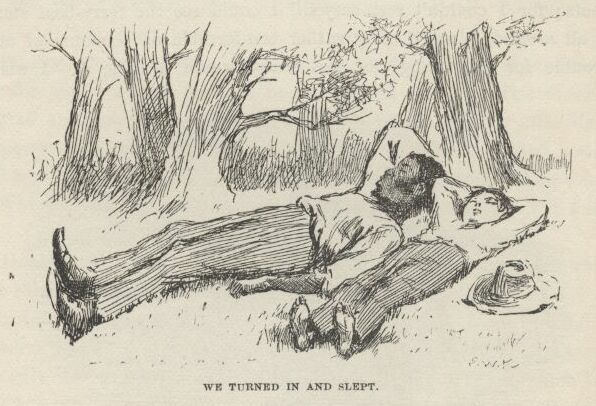
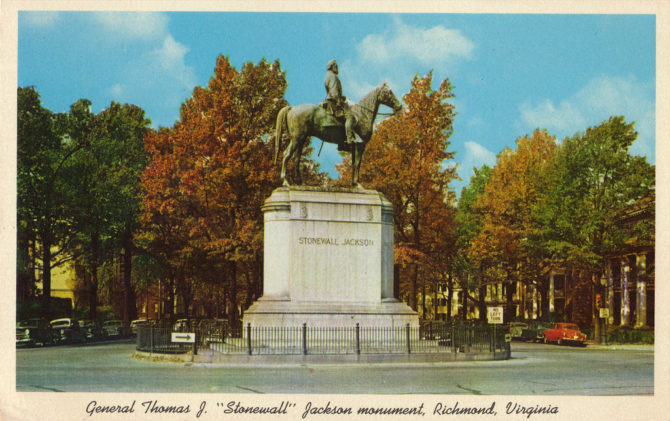 In 1875, Rev. Moses Drury Hoge stood before 40,000 people in Richmond, Virginia, at the foot of the newly dedicated statue of Thomas J. “Stonewall” Jackson, and delivered what one historian called the “noblest oration of his later life.”
In 1875, Rev. Moses Drury Hoge stood before 40,000 people in Richmond, Virginia, at the foot of the newly dedicated statue of Thomas J. “Stonewall” Jackson, and delivered what one historian called the “noblest oration of his later life.”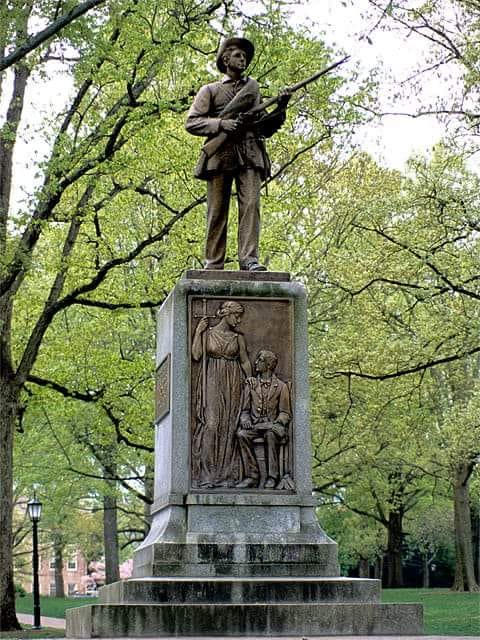 As I carefully read and re-read what follows below – I sit in grief tonight – not just for who these images represent – but what they represent… and I mean far greater than the Southern region of this once great land – but in fact – the slow, sad death of the entire nation. I am not just speaking of the Confederate States of America – but the united States of America. Throughout history – no nation nor her people have always been in agreement, but I’ll not take the time to list any for you this day.
As I carefully read and re-read what follows below – I sit in grief tonight – not just for who these images represent – but what they represent… and I mean far greater than the Southern region of this once great land – but in fact – the slow, sad death of the entire nation. I am not just speaking of the Confederate States of America – but the united States of America. Throughout history – no nation nor her people have always been in agreement, but I’ll not take the time to list any for you this day.